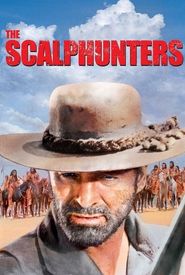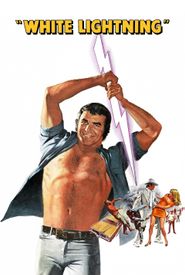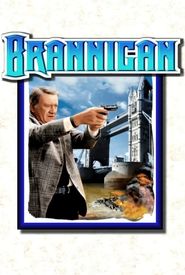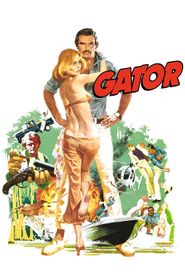William Norton was born into a family of Utah Mormon pioneers with a rich heritage and a strong sense of community. As a lifelong writer and political activist, he has dedicated his life to creating a positive impact on the world through his work.
After serving in combat during World War II, Norton went on to work in construction and later became a State Park ranger in California, where he developed a deep appreciation for the natural world and a strong sense of responsibility to protect it.
Norton's early writing career was marked by a focus on literary magazines such as California Quarterly, as well as plays for little theater in Los Angeles during the 1950s and 1960s. His participation in the early progressive political movements of the 1950s led to him being called before the House Un-American Activities Committee, where he was questioned about his political beliefs and activities.
In the 1970s and 1980s, Norton transitioned to film writing, penning the screenplay for the Burt Lancaster movie "The Scalphunters." During this time, he was also actively involved in Central American liberation theology movements, working to support the struggles of the people in the region.
In the 1980s, Norton's focus shifted to the struggles in Northern Ireland, where he and his wife were arrested for attempting to contribute arms to the cause. They spent two years in a French prison, followed by one year each in refuge in Nicaragua and Cuba.
After their release, the Nortons returned to Los Angeles in the early 1990s, where they continue to write and work towards their goals of peace and justice. Despite the challenges they have faced, they remain committed to their ideals and continue to work tirelessly to make a positive difference in the world.



































